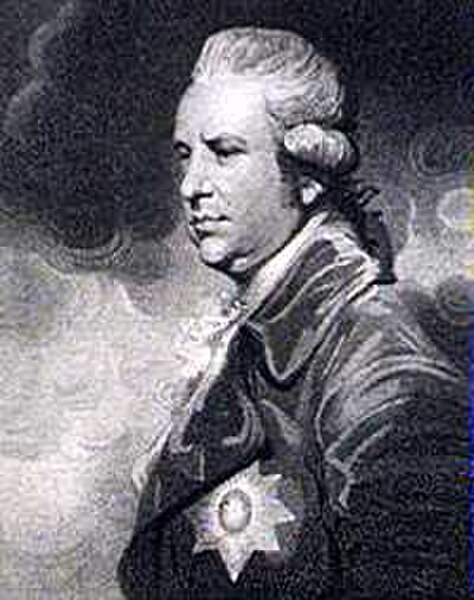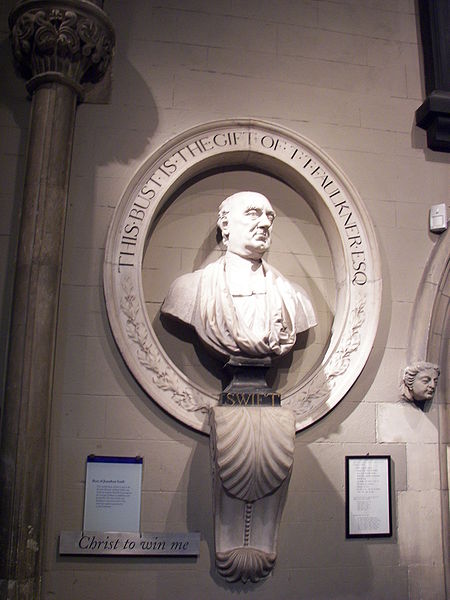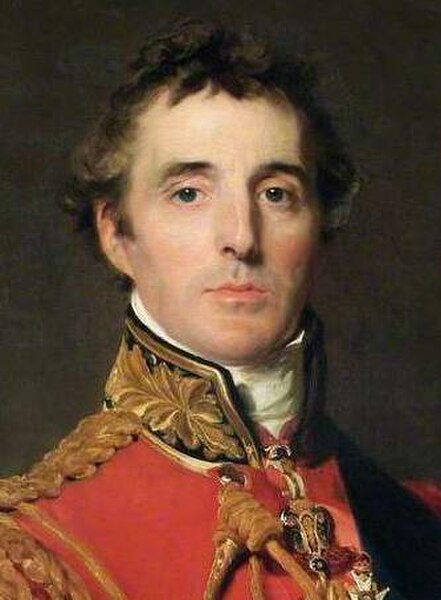George Macartney, 1st Earl Macartney
George Macartney, 1st Earl Macartney, was an Anglo-Irish statesman, colonial administrator and diplomat who served as the governor of Grenada, Madras and the British-occupied Cape Colony. He is often remembered for his observation following Britain's victory in the Seven Years' War and subsequent territorial expansion at the Treaty of Paris that Britain now controlled "a vast Empire, on which the sun never sets".
Portrait by Lemuel Francis Abbott
Lord Macartney
Anglo-Irish people denotes an ethnic, social and religious grouping who are mostly the descendants and successors of the English Protestant Ascendancy in Ireland. They mostly belong to the Anglican Church of Ireland, which was the established church of Ireland until 1871, or to a lesser extent one of the English dissenting churches, such as the Methodist church, though some were Roman Catholics. They often defined themselves as simply "British", and less frequently "Anglo-Irish", "Irish" or "English". Many became eminent as administrators in the British Empire and as senior army and naval officers since the Kingdom of England and Great Britain were in a real union with the Kingdom of Ireland for over a century, before politically uniting into the United Kingdom of Great Britain and Ireland in 1801.
Marble bust of The V. Rev. Jonathan Swift, inside St Patrick's Cathedral, Dublin. Swift was Dean of St Patrick's from 1713 to 1745.
Statue of Anglo-Irish mathematician and theologian George Salmon (1819–1904), in front of the campanile of Trinity College Dublin, the traditional alma mater of the Anglo-Irish class. Salmon was provost of Trinity from 1888 until his death.
Field Marshal Arthur Wellesley, 1st Duke of Wellington, from a portrait by Sir Thomas Lawrence





